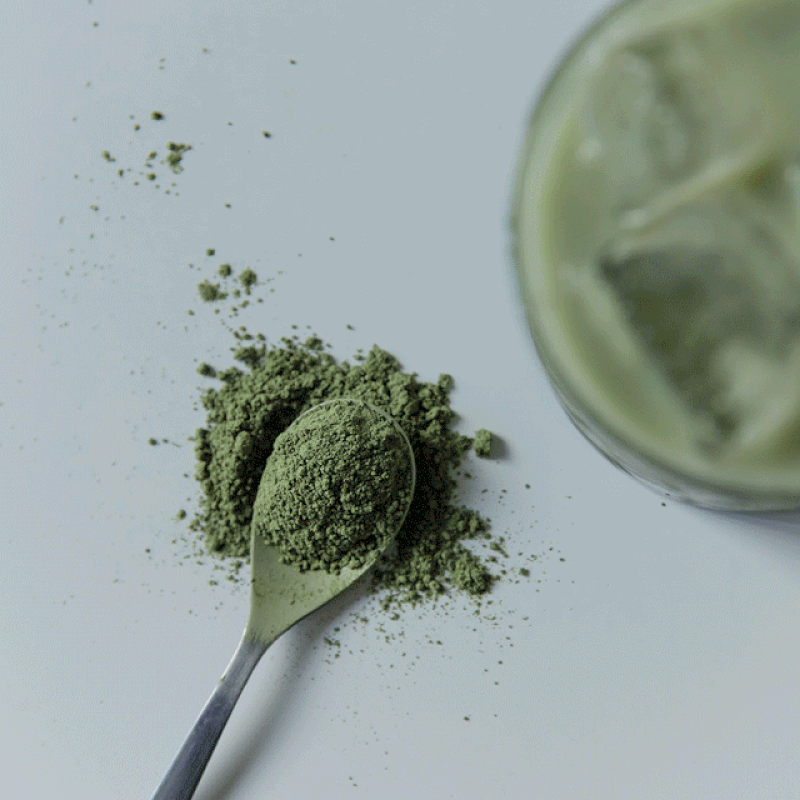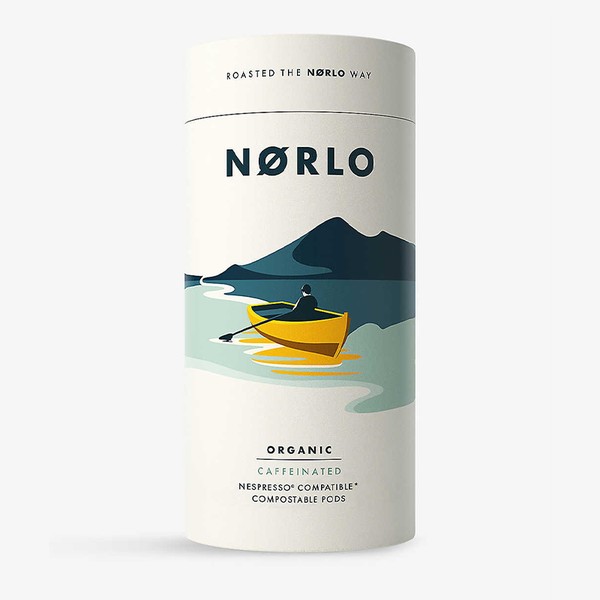Matcha Vs. Coffee: Which Is Better For You?
MATCHA
Is Rich In Antioxidants
“Like black tea, oolong, white tea and other green teas, matcha comes from the evergreen shrub camillia sinensis. It’s the processing of the leaves that creates the differences between them all. Matcha is lightly steamed and dried, whereas black and oolong teas are oxidised. The minimal processing of matcha preserves its naturally occurring antioxidants, making it a nutritional powerhouse. Its antioxidants are on a par with berries, spinach and broccoli. It also contains chlorophyll, which is known to make your skin glow, and contains high levels of an antioxidant known as EGCG, which is believed to have anti-cancer properties.” – Nadia Rawjee, health coach & founder of Casa Cura
Provides Slow-Release Caffeine
“Matcha contains more caffeine than other green teas – between 19 and 44 mg/g. The difference in caffeine content varies significantly depending on the quality of the matcha, water temperature, brewing time and freshness. However, the main difference between matcha and coffee is that matcha provides energy for four to six hours without a crash, whereas coffee gives you a burst of energy for one to two hours, followed by an energy lull. This comes down to an amino acid in matcha called L-theanine, which offsets the jitters and provides a uniquely mellow caffeine buzz. If you’re switching from coffee to matcha, use 1 tsp of matcha per serving for a similar caffeine hit.” – Bean Bindloss, registered nutritional therapist & nutritionist
Is Good For Anxiety
“If you struggle with coffee and find it gives you the jitters, matcha is a great alternative. It has a calming effect and can help improve your emotional and mental state, decreasing the risk of panic, stress, nervousness and even mitigating the symptoms of anxiety. It increases mental clarity, too.” – Clementine Campbell, nutritionist
Should Be Drunk Without Milk
“Chances are you’ve spied a pretty matcha latte at your local café, but studies suggest you’re better off drinking it with warm water to reap its antioxidant benefits. When combined with cow’s milk, the antioxidants in matcha combine with the protein in milk, which can reduce their potency. At the same time, drinking dairy with matcha may reduce how much L-theanine you absorb as the protein in the milk may compete for absorption. From a nutritional perspective, you’re better off mixing matcha with water or a low-protein plant milk, and away from food.” – Bean
Must Be Powdered For Optimal Nutrition
“Matcha tea bags are a gimmick. They are mostly a blend of green tea and contain minimal amounts of matcha. Genuine matcha tea comes in a powder that’s sold in an airtight container for it to remain fresh. When you brew green tea, a lot of its goodness remains in the tea bag when you remove it from the cup. On the other hand, powdered matcha gives you goodness from the whole leaf – ten times the antioxidants of brewed tea from a tea bag, in fact.” – Nadia
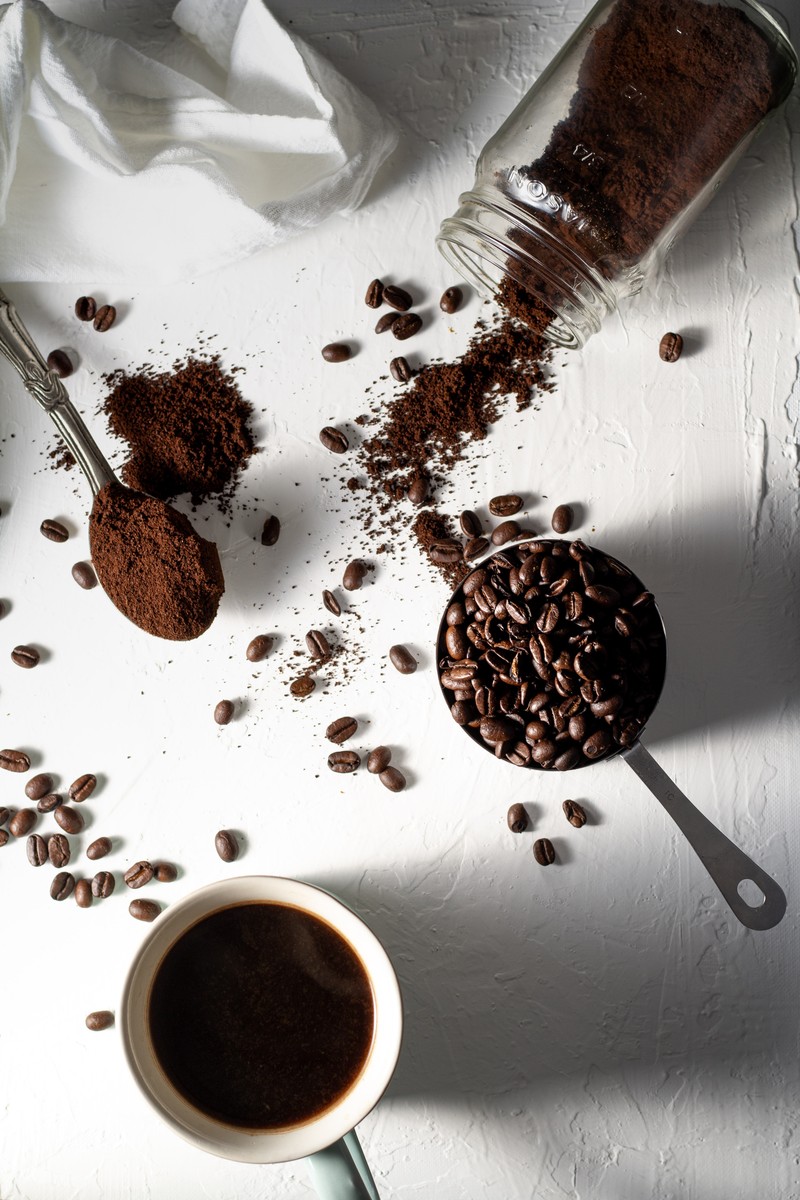

COFFEE
Also Contains Antioxidants
“Like matcha, coffee is rich in antioxidants. In fact, research suggests some coffee brands may contain even more antioxidants than green tea. Coffee has been shown to promote longevity, protect liver health, enhance athletic performance and stamina, support brain function, and may provide a valuable contribution to Alzheimer’s treatment and type 2 diabetes. Studies also suggest coffee can support cardiovascular health, protect against cancer and aid fat loss.” – Bean
May Upset The Stomach
“Coffee is acidic, and can be tricky on the stomach if you are prone to sensitivity, especially when consumed in excess. It can trigger gut symptoms and reflux, and can also bring about uncomfortable side effects like worsened anxiety and jitters. On the other hand, matcha has balanced pH levels, meaning it can aid digestion.” – Clementine
Can Affect Nutrient Absorption
“For most adults, drinking one or two cups of coffee a day is associated with health benefits, including a lower risk of certain diseases and a longer life. However, your timing matters. Aim to leave roughly an hour between drinking coffee and eating foods rich in iron, as coffee can block iron absorption.” – Clementine
Should Be High-Quality
“Non-organic coffee is one of the most heavily chemically treated crops of any agricultural commodity in the world. Coffee beans are in direct sunlight all day, which weakens the immune systems of the coffee plants and makes them more susceptible to insects and pests. Farmers then must spray large amounts of pesticides directly onto coffee beans, which end up in a cup of coffee. If you’re going to drink coffee, always make it organic and the best you can afford. It’s worth noting that matcha isn’t always perfect in comparison. Tea leaves grown in certain regions are more vulnerable to contamination due to pollution and some tea plantations sit near roads, further increasing the risk of contamination. When buying matcha, it too should be high quality and organic.” – Clementine
Isn’t Always Worth Drinking Decaffeinated
“If you love the taste of coffee but don’t want the caffeine, source a very high-quality decaffeinated version. Removing the caffeine from coffee is a toxic process, meaning most decaf coffee is poor quality. Ideally, find a brand that uses the Swedish water method, which uses only water to remove 99.9% of a coffee’s caffeine content.” – Bean
The Bottom Line…
Both coffee and matcha have health-promoting properties when consumed in moderation, supporting brain power and energy levels through their antioxidant and caffeine levels. However, if you’re looking for steady energy levels with fewer caffeine jitters and less acidity, matcha could be a better choice. If you choose a cup of coffee, find an organic brand you enjoy to avoid contaminants and maximise your nutrient intake.
For more information visit CasaCuraOfficial.com, TheNutritionalBean.com & TheCotswoldNutritionist.com
SHOP OUR PICKS...
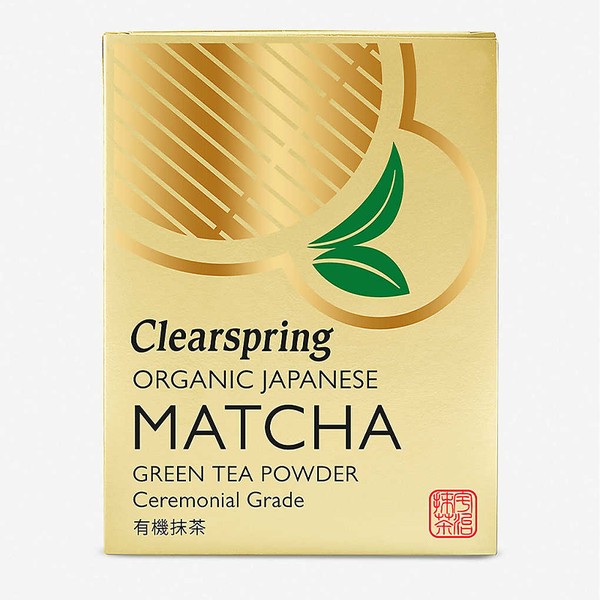
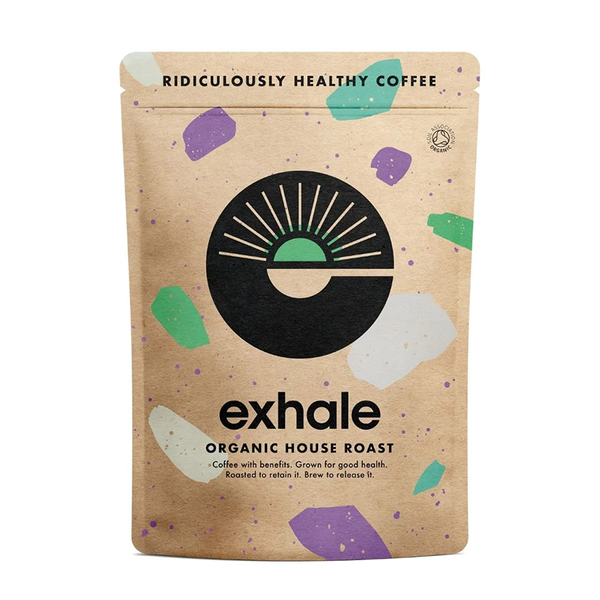
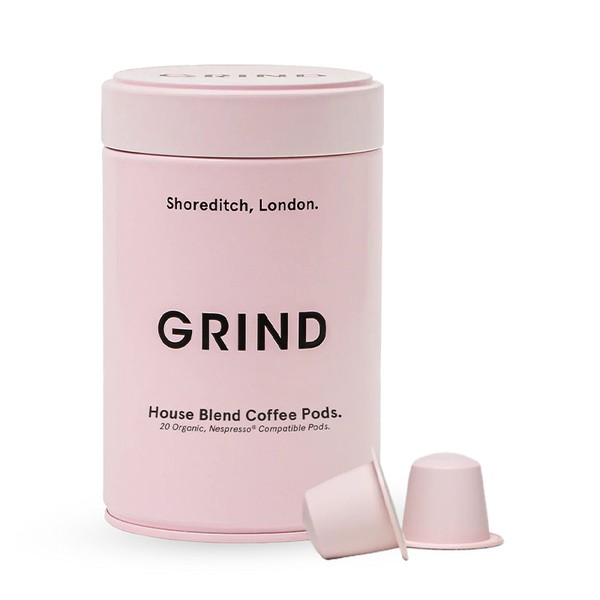
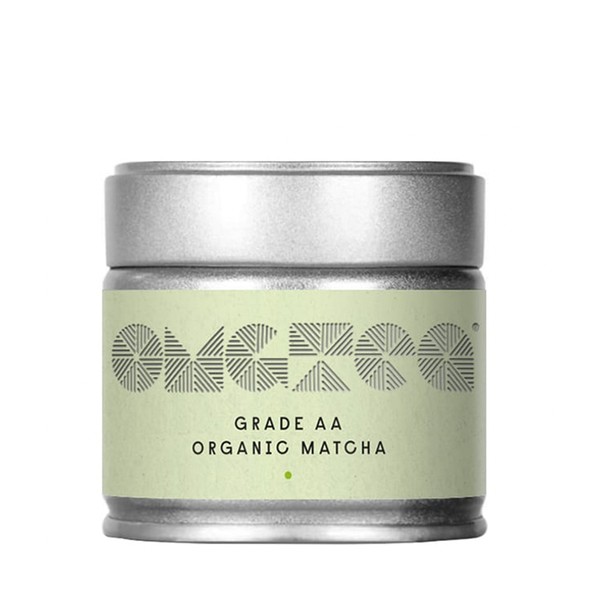
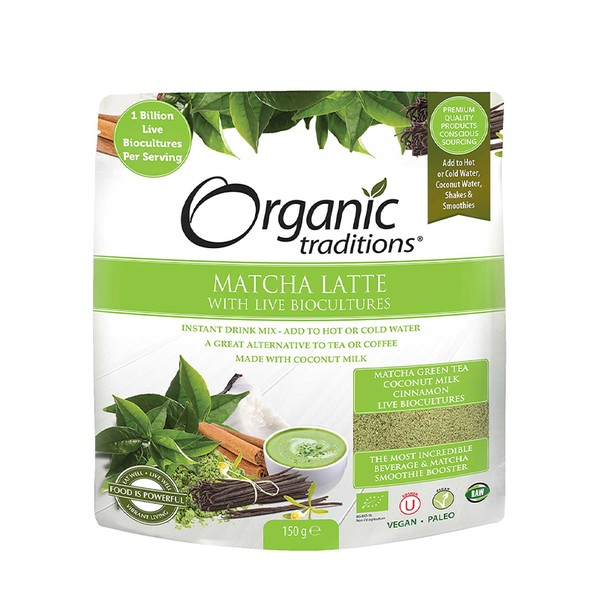
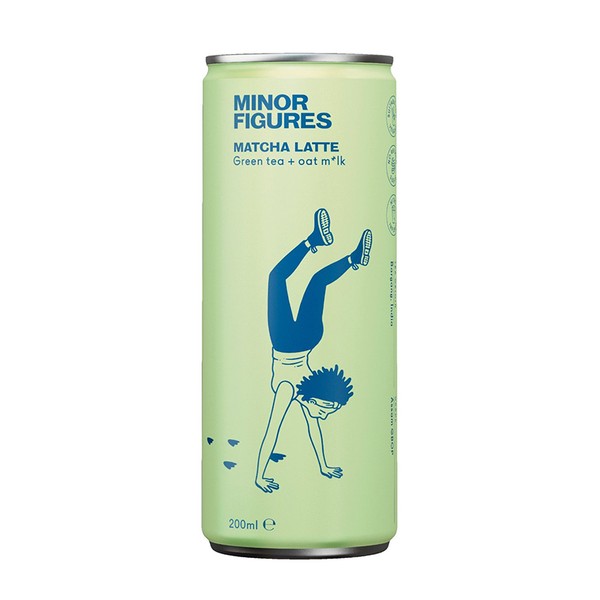
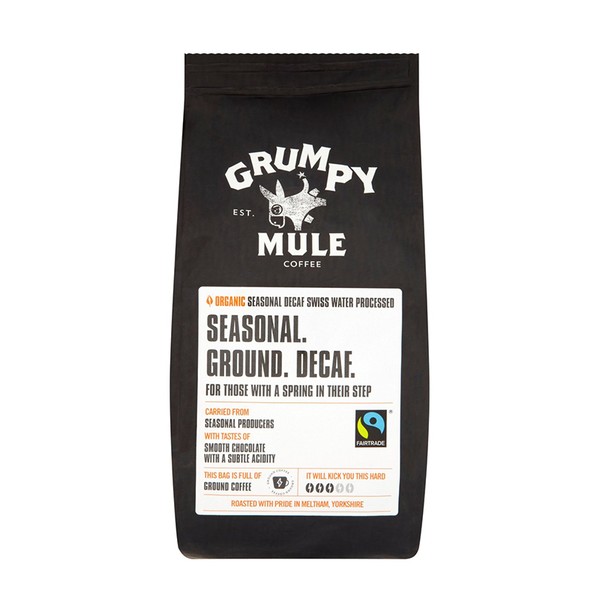
DISCLAIMER: Features published by SheerLuxe are not intended to treat, diagnose, cure or prevent any disease. Always seek the advice of your GP or another qualified healthcare provider for any questions you have regarding a medical condition, and before undertaking any diet, exercise or other health-related programme.
DISCLAIMER: We endeavour to always credit the correct original source of every image we use. If you think a credit may be incorrect, please contact us at info@sheerluxe.com.
